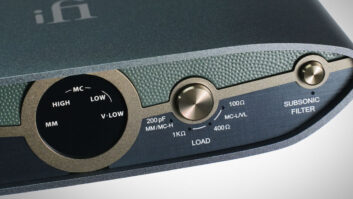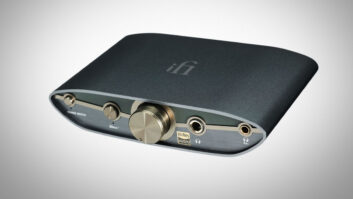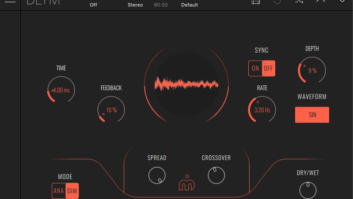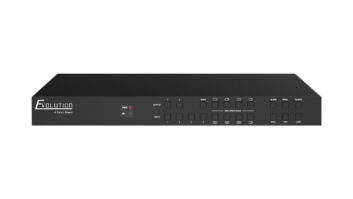A new write-once solid state memory technology has hit the market courtesy of Mattel and Matrix Semiconductor.
Called Matrix 3-D Memory, the technology is being positioned by its manufacturer Matrix Semiconductor as a secure, low-cost medium for distributing prerecorded video, music, games and software applications and as a potential rival to flash memory cards in digital cameras, MP3 players and cellular phones.
Mattel will use the memory in its Juice Box portable video player. The custom Matrix memory cards, branded Juiceware, are preloaded with video content.
According to Dan Steere, sales and marketing VP, Matrix initially intends to offer the memory — which can be adapted to any form factor, including the reigning flash memory card formats such as SD and MMC — to content providers as a secure distribution medium. In Mattel’s case, the Juiceware cartridge is a proprietary design.
Unlike flash, which is rewriteable, Matrix 3-D Memory is write-once. Once data is saved to it, it cannot be erased. However, it is less expensive to manufacture than flash and offers a longer archive life, Steere said.
The company is examining the possibility of offering the memory to vendors to sell blank for use in digital still cameras, camera phones and MP3 players. The technology has received the MultiMediaCard Association’s first ROM certification, meaning it is compatible with the MMC standard and with MMC-enabled devices.
“We can scale this memory to gigabytes. Our expectation is to get this memory into all formats, but our initial focus is on providing it as a secure distribution media to content providers,” Steere said.
Matrix is funded by Kodak, Sony, Thomson, Microsoft and Nintendo, among others.












